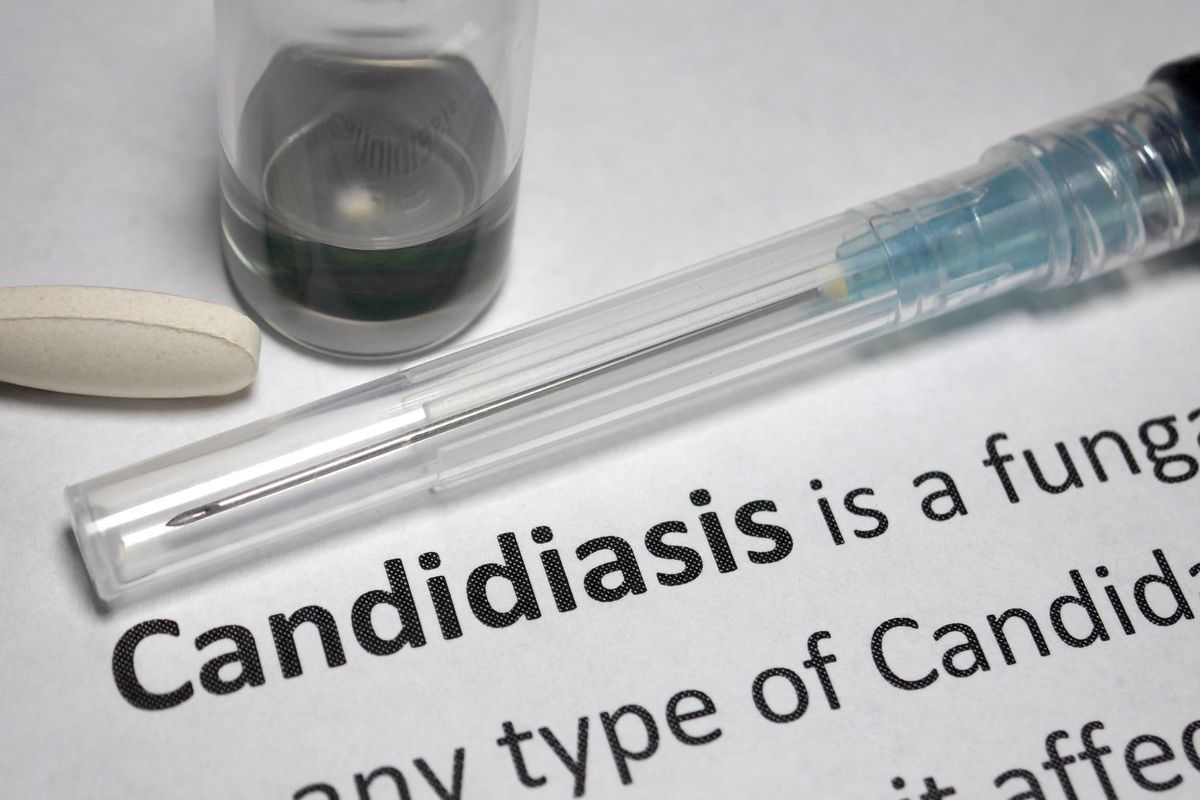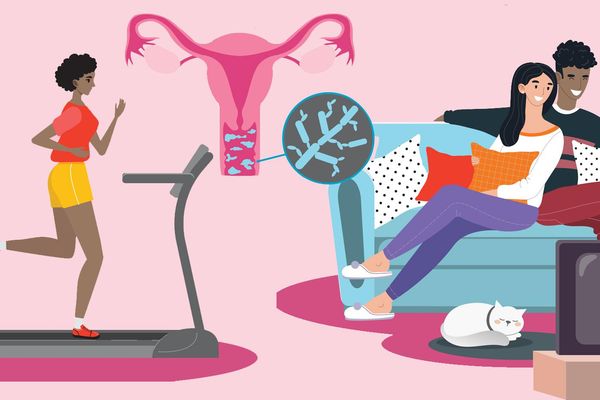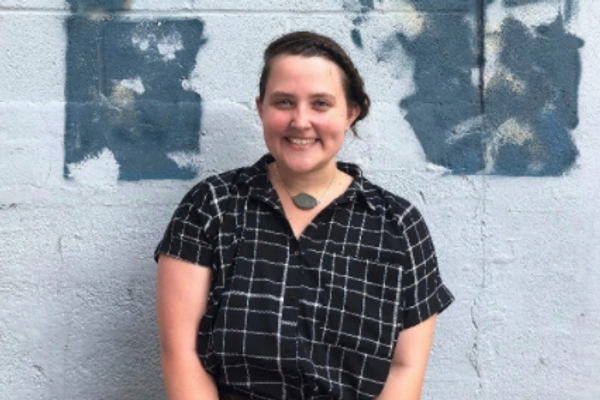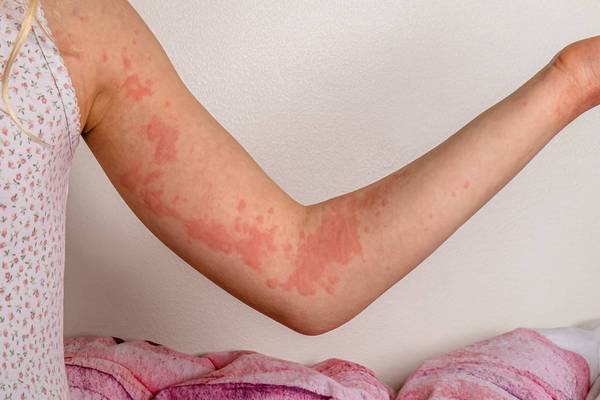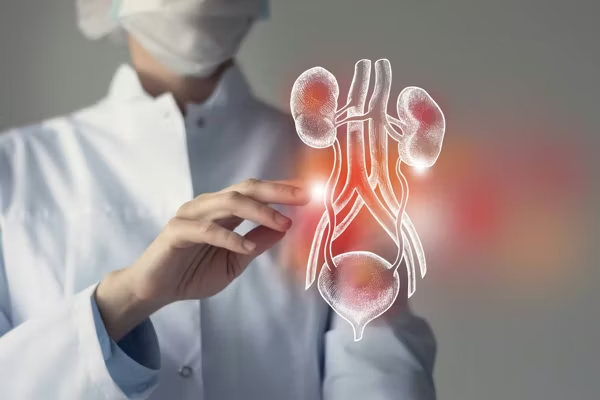They’re itchy, annoying and sometimes painful. They’re also very common in women, but no one really wants to talk about them: yeast infections.
The technical term for these infections is vulvovaginal candidiasis (VVC), and they’re caused by an overgrowth of the fungus Candida, usually Candida albicans, often referred to as yeast. According to the Centers for Disease Control and Prevention (CDC), about 75% of women will get VVC at least once in their life.
The symptoms of a yeast infection are vaginal itching, burning, irritation and inflammation. Some women who have a yeast infection may experience abnormal vaginal discharge and pain during sex or while urinating.
Although most yeast infections go away with oral or topical treatment, some don’t respond to medication and last for a long time or keep cropping up again. If you have three or more episodes of yeast infection in 12 months, the infection is considered a chronic yeast infection. This is called recurrent vulvovaginal candidiasis (RVVC), a different condition than VVC.
Read more to find about the symptoms, causes and treatment options for RVVC.
What is RVVC?
RVVC is a condition defined as three or more episodes of yeast infection in 12 months. It’s estimated that approximately 6%-9% of women around the world experience this condition. However, the data may be inaccurate because the condition is potentially underreported as a result of misdiagnosis and lack of access to health care.
What are the symptoms of RVVC?
The symptoms of RVVC are generally the same as for a yeast infection. Often women with RVVC complain to their doctors about intense vaginal discomfort. Some express their frustration about ineffective treatments.
Symptoms include:
- Clumpy vaginal discharge, often without an unpleasant odor
- Watery vaginal discharge
- Pain during sex
- Pain during urination
- Rash, swelling and redness of the vulva
How can RVVC affect my life?
Living with RVVC can cause more than just unpleasant physical side effects. It can also affect your quality of life. RVVC is associated with higher rates of clinical depression, anxiety and stress. The condition may cause people to miss work, avoid sexual intimacy, expend energy trying to make diet modifications and feel uncomfortable during exercise. Not to mention that there are also time and money costs associated with getting a diagnosis and treatment.
What are the causes or risk factors for RVVC?
While the exact cause of RVVC is unknown, there are risk factors associated with this condition. Factors like age, specific medications and health conditions can weaken your immune system.
RVVC can happen when an underlying condition, such as diabetes, weakens the immune system and the bacteria in your vagina can’t keep the fungus at the proper level. Repeated use of antibiotic therapies can also cause RVVC.
One of the major problems with RVVC is that the yeast may not be Candida albicans and may be a more resistant variety of yeast for which there are limited treatment options.
If you are prone to getting yeast infections, then wearing tight underwear, pantyhose or pants or sitting in a wet bathing suit for too long can increase the chances that you’ll get one. This is because heat and moisture in your genital area encourage fungal growth.
How is RVVC diagnosed?
People with RVVC may go to their healthcare provider (HCP) because of intense vaginal discomfort. The HCP can perform a pelvic exam to look at the vaginal walls and cervix. If it looks like a yeast infection is present or the person has a history of yeast infections, their HCP may order a vaginal culture or lab test to confirm the diagnosis.
Can you have sex if you have RVVC?
Women living with RVVC can and do have sex, but having a flare-up can significantly decrease a woman’s desire to do so because it can cause pain and discomfort, and lead to worse symptoms afterward.
How is RVVC treated?
Essentially all cases of the infection require treatment at home or by a medical professional. Although there isn’t an FDA-approved medication, doctors recommend antifungal medication, which can be topical, such as miconazole, or oral, such as fluconazole. Hydrocortisone can be used topically to reduce itching.
Although these treatments have been shown to be highly effective for treating each episode of a yeast infection, they rarely are able to treat RVVC permanently. In one study of patients with RVVC, 57% of women experienced a recurrence when they stopped taking fluconazole.
Prescription vaginal suppositories (capsules that go in your vagina) filled with boric acid, which make the pH level in your vagina unable to host yeast, may also be used.
People often stop taking the medication as soon as their symptoms disappear, but a lack of symptoms does not mean the infection is gone. It’s important to follow the instructions from your HCP and finish the entire course of your medication.
At-home treatment and diagnosis can be tricky because it’s possible to misdiagnose yourself or have two conditions at the same time, such as bacterial vaginosis and yeast infection. There are also some common ideas about possible at-home treatments that are incorrect. For example, putting yogurt in your vagina, taking probiotics, eating a low-yeast or low-sugar diet, and treating your sexual partner(s) have not been shown to work to treat RVVC. It’s important to talk to your HCP if you think you may have RVVC.
This resource was created with support from Mycovia Pharmaceuticals, Inc.
- Living With RVVC ›
- The Everyday Effects of Recurrent Vulvovaginal Candidiasis (Chronic Yeast Infection) ›
- Healing My Confidence and My Skin From Chronic Yeast Infection ... ›
- Difference Between Yeast Infection and Bacterial Vaginosis ... ›
- Summer May Mean More Yeast Infections - HealthyWomen ›

